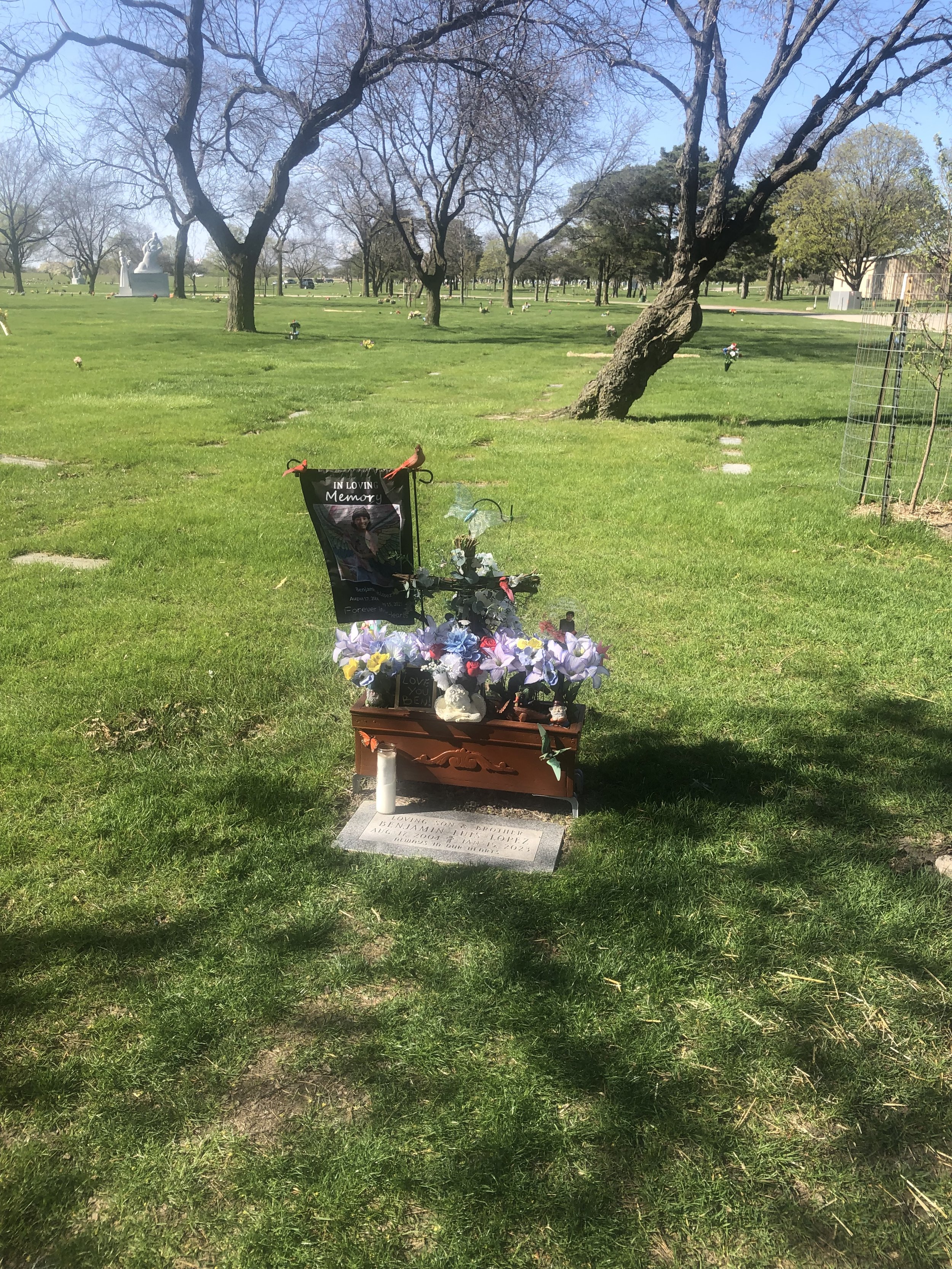
Gun violence in Chicago has been a longstanding issue, with statistics painting a stark reality of its impact. According to recent data, Chicago has consistently ranked among cities with high rates of gun violence in the United States. In 2021 alone, there were over 4,000 shooting incidents reported, resulting in more than 700 homicides. These statistics not only reflect the loss of lives but also the lasting trauma and devastation experienced by families and communities affected by gun violence. The disproportionate impact on marginalized neighborhoods is evident, with certain areas experiencing higher rates of shootings and fatalities. These alarming statistics highlight the urgent need for comprehensive measures to address the root causes of gun violence and to create safer environments for all residents of Chicago.
Addressing gun violence in Chicago demands collaboration between government entities, law enforcement agencies, community organizations, and residents. By fostering partnerships and working together, it is possible to create a comprehensive strategy that combines prevention, intervention, and enforcement efforts. This includes implementing evidence-based violence reduction programs, improving police-community relations, and promoting restorative justice practices. Only through a united and concerted effort can Chicago make meaningful progress in reducing gun violence and restoring peace and security to its communities.
Gun Violence in Chicago
On Sunday January 15, 2023 at 11:15 p.m. Benjamin Lopez was tragically killed on the north side of Chicago while traveling as a passenger in a vehicle by gun violence in the city that he always loved and called home. Although Benjamin’s murder is currently unsolved, efforts in finding justice will not cease. Gun violence in Chicago is a persistent and devastating issue that has claimed countless lives and torn communities apart. The city has faced significant challenges in addressing this problem, with gun violence rates consistently higher than national averages. Factors such as socioeconomic disparities, gang activity, drug trade, and the easy accessibility of firearms contribute to the cycle of violence. Each incident of gun violence represents a tragic loss, not only for the victims and their families but also for the city as a whole.
Efforts to combat gun violence in Chicago require a multifaceted approach that addresses root causes and promotes community engagement. Investing in education, economic opportunities, and social services can help address the underlying issues that contribute to violence. Strengthening gun control measures, including background checks and restrictions on high-capacity magazines, is essential to prevent guns from falling into the wrong hands. Additionally, community-based initiatives that provide mentorship, conflict resolution programs, and support for at-risk youth can make a significant difference in reducing gun violence and creating safer neighborhoods.
Luis and Angela Lopez
Founder/President

